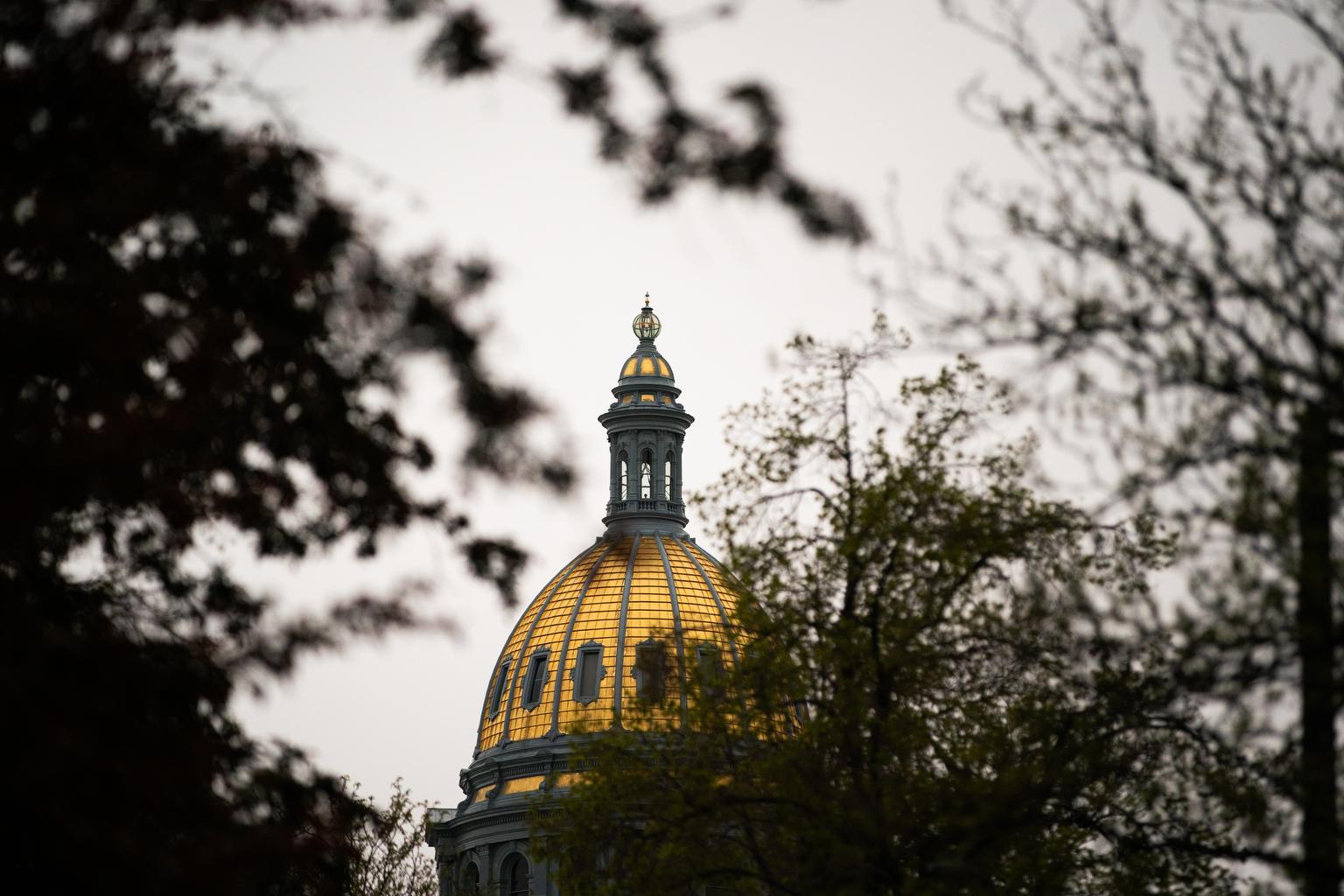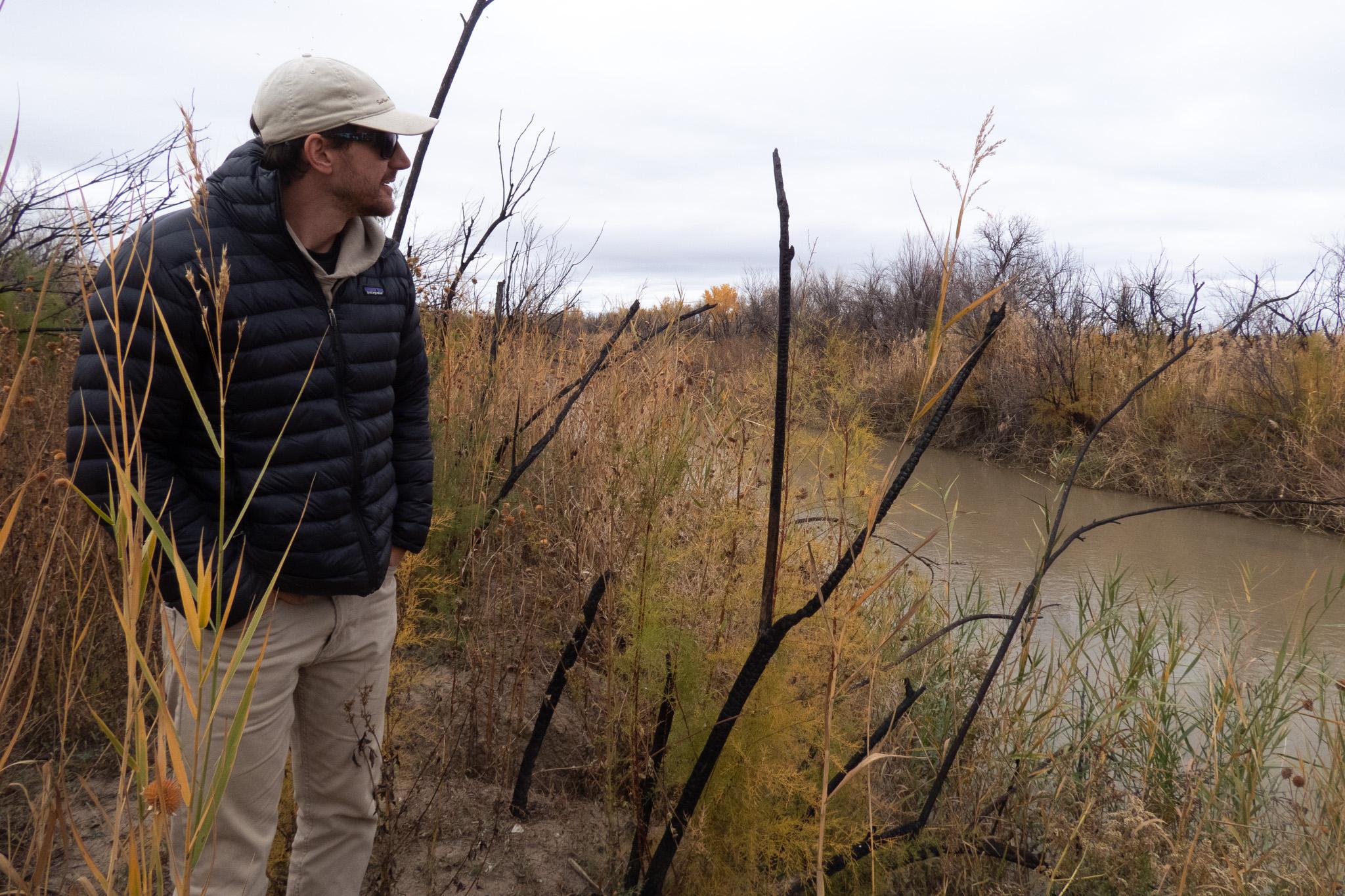
Sports betting's May debut in Colorado has already earned the state $96,537 in taxes.
The odds weren’t really in favor of a big payout for Colorado, given the absence of most professional sports and the closure of casinos due to the coronavirus. If the first month is any indication, state officials see plenty of potentials.
“It’s being well-received in the state, and it’s got a positive outlook,” said Dan Hartman, the state director of gaming. “Given all the things that were against us, with the pandemic and with folks at home and all the other stuff, I think it was great to get up and running.”
Six operators collected bets online in May. And three retail operators have started to take in-person bets after casinos reopened in mid-June. The state expects four more to open within a week at casinos in Black Hawk and Cripple Creek.
There are doubts that Colorado will cash in big on sports wagers. Richard Auxier, a senior policy analyst with the Urban-Brookings Tax Policy Center, a nonpartisan think tank, is among the voices that see a rather small potential.
“I don’t want to completely undersell it, because new revenue is revenue you otherwise wouldn’t have had,” Auxier said. “But no one should have sold this as a solution to any of Colorado’s fiscal problems.”
With all that in mind, here are four takeaways.
More than $25 million in wagers in the first month
According to PlayColorado, out of all the states that have legalized betting, only Indiana reported more in wagers in its very first month than Colorado. Indiana sportsbooks raked in $35.2 million last September.
“I think that number is illuminating, but it should in no way be predictive,” Auxier said “The reason Colorado had a good first month is that it had online betting available. Sports betting is increasingly, to almost entirely now, done online.”
The Indianapolis Star reported that all of Indiana’s bets during its first month were in-person. Online betting didn’t start in the state until early October. By comparison, Indiana’s own share of the revenue from bets made in the first month amounted to more than $813,000. That comes from the state’s tax rate of 9.25 percent.
In Colorado, sportsbooks essentially pay a 10 percent tax. But nationwide, these sports betting taxes are only placed on the casino profits made from wagers. So the variable here is that tax revenue depends on lost bets — not the dollar amount of wagers.
Auxier also points to New Jersey’s success and partly credits its proximity to other states and big cities, from where it can easily attract betters.
In order for a state to really capitalize on sports betting, “you’ve got to be drawing from neighboring states and jurisdictions that don’t have it,” Auxier said. And that could be a challenge for Colorado.
Table tennis picked up the slack while major sports were on hold
In a world largely turned upside down by the pandemic, it turns out that table tennis drew the largest sum of wagers of any sport in Colorado in May (at nearly $6.6 million). That’s just one example of how unpredictable COVID-19 has made things for the industry. When voters passed Proposition DD by a slim margin last November, they were probably thinking about that first bet on the Colorado Rockies or the Stanley Cup.
"It's going to be an interesting ride this year on what actual revenue kind of generates and how it follows the ebb and flow of the pandemic and whether or not sports really get going,” Hartman said. “We certainly can’t predict that, and sports betting is secondary to the health and welfare of the citizens of Colorado. So we’ll ride the tide as it goes.”
In the United States, NASCAR, MLS and the PGA have officially started back up. Leagues like the NBA, WNBA, MLB and the NHL all plan to do so in late July or early August. The NFL still has a lot of work to do to set a schedule.
“The problem is that sports gambling revenue is inherently volatile,” Auxier said. “And the problems I describe with sports betting are like a little stream. Then there’s COVID, which is a tsunami.”
Colorado will soon be up to its elbows in sportsbooks
The state now has nine online operators and seven retail operators taking sports bets.
“We’ve got some 25 operators, and some more in the wings, that are coming on,” Hartman said. “So I think in the next year, you’re going to see more brick-and-mortar retail operations going into casinos and more online operators.”
The Colorado Limited Gaming Commission has issued and approved 25 internet operator licenses and 19 retail sportsbook operator licenses, according to the state’s department of revenue.
“The operators are really geared up to bring their A-game to Colorado,” Hartman said. “They’re going to have a lot of competition, that’s going to help the consumer.”
The money tap for water projects will run dry at first
When voters approved sports betting, they did so with the understanding that it will help fund Colorado’s Water Plan. Eventually, most of the tax money generated will go to water initiatives, like increasing storage, drought planning and agricultural projects. Some of the revenue will also go to behavioral health services and addiction hotlines for gamblers.
But first, the program has to pay back the nearly $1.74 million allocated by lawmakers in House Bill 19-1327 for start-up and initial operating costs. The state’s division of gaming has only spent about $1.1 million of that money, Hartman said.
Going forward, the program’s budget is supposed to be covered by the license and operating fees paid by casinos and sportsbooks. The gaming division expects tax revenue to start funneling toward water projects and the other beneficiaries by the fall of 2021, after the current fiscal year that started July 1.
“Hopefully, the revenue continues to climb, and we’ve seen that in most states that have come on,” Hartman said. “We’re going to get to a point in a year or two where we kind of see what the landscape is and what kind of money is going to be brought in.”









